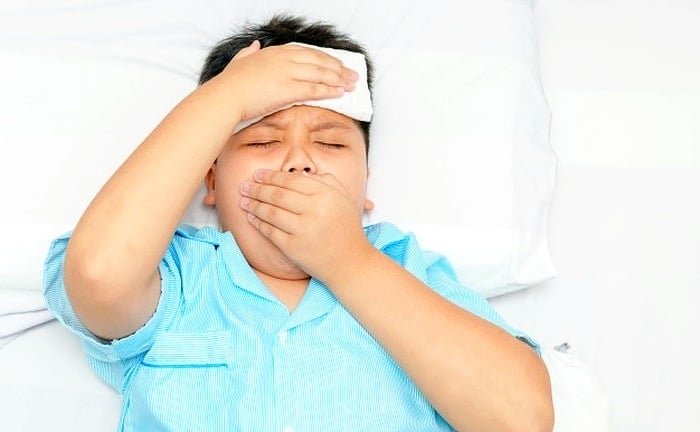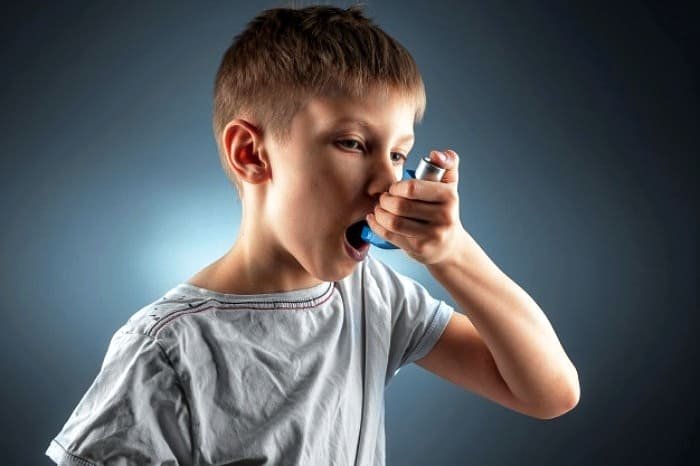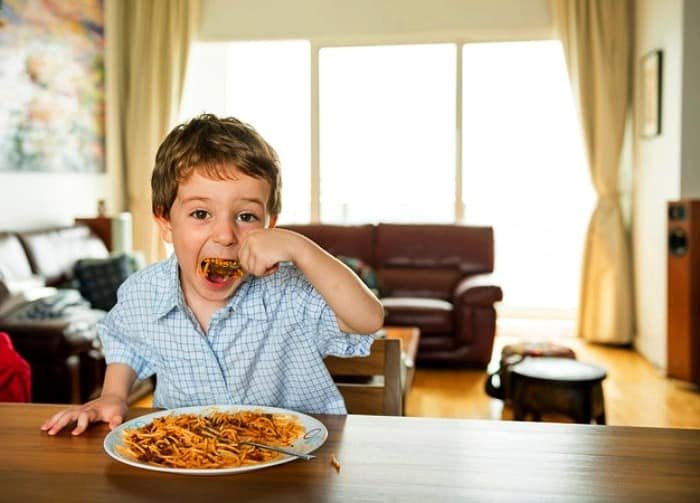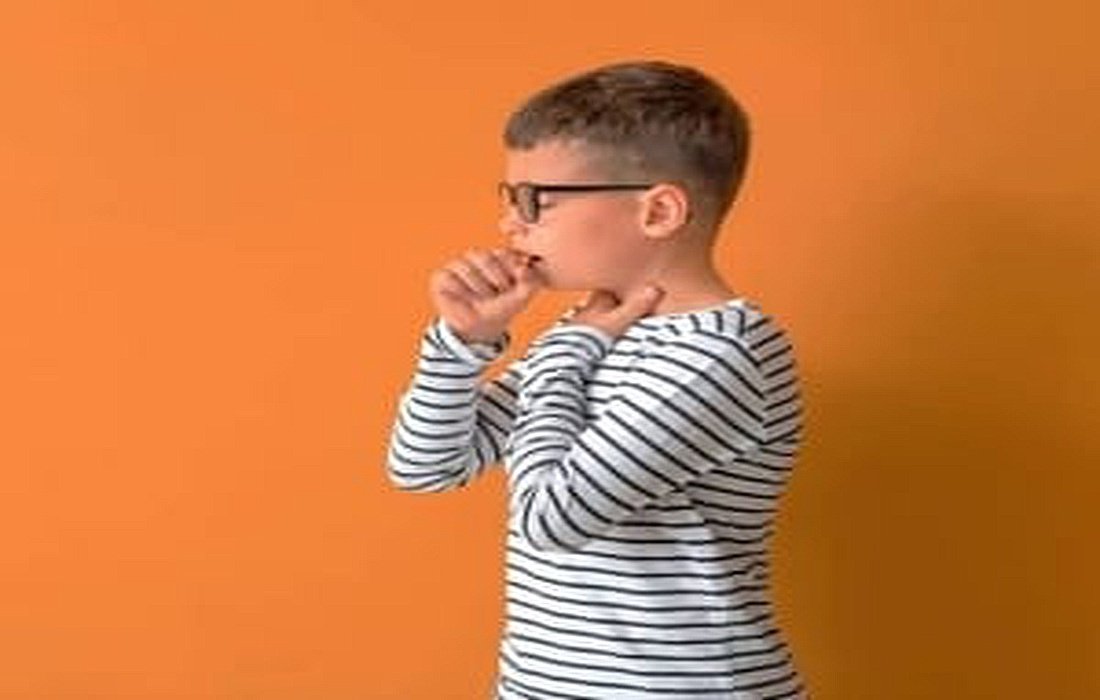Coughingin Children
Chronic coughs are among the top five common reasons parents take their children to see a doctor. Acute coughs caused by colds or respiratory viruses usually resolve within a month, but if they last longer than normal, it could indicate a serious issue with the child.Coldor respiratory virus infections typically subside within about a month; however, prolonged coughs may signify a more serious problem in children.
A cough is a natural body reaction to an irritant in the airways (nose, throat, larynx, trachea, and lungs). When the nerves in these airways are triggered (by mucus, a foreign particle, or even perfume), they send a message to the brain to clear the respiratory tract.
If a cough persists daily for over four weeks, it is considered chronic, and it is advisable for the child to see a doctor. Thankfully, pediatric specialists can address common causes of coughing, and if the cough continues after medical care with medications, the pediatrician may refer the child to a specialist.
In this section ofSelMagzwe will discuss some common and rare causes of chronic coughs in children.

1.AllergiesandSinusitis
Since allergies and chronic sinusitis are two common causes of cough in children, they are often the primary concerns, and specialists usually ask questions about the child’s coughing symptoms to determine the underlying issue.
Children with allergies often sneeze,have a runny noseand may also experienceitchy eyesas well. Chronic sinusitis also has symptoms that affect an individual for more than 12 weeks. Children might complain about pain or pressure on their face and have a runny nose with yellow or green mucus.
Both allergies and sinusitis can cause a runny nose, and when a child changes positions, mucus may drain down into the throat, triggering coughing. This is why children’s coughs generally intensify when they are sleeping.
In many cases,dry coughsare caused by allergies and asthma, while productive coughs may indicate other issues beyond asthma, such as whooping cough, mycoplasma, orpneumoniain the child.
2. Asthma
Wheezing or breath sounds that produce a whistle in the chest are often due to asthma. The disease can sometimes be identified solely through chronic cough in a child, where the cough is the only helpful symptom during diagnostic tests for airflow obstruction in their lungs. A cough that occurs after waking can also indicate asthma.
In individuals with asthma, cortisol levels (a vital hormone) naturally decrease at night, and when airways become inflamed and narrow, asthma symptoms may manifest.

3. Whooping Cough
Whooping cough, known for its severe coughing fits, is caused by a bacterial infection. This cough can be so uncontrollable that the individual may need to inhale deeply to breathe, producing a sound similar to vomiting.
Coughs caused by whooping cough may last for months and can lead to serious complications such as apnea (severe coughing), difficulty breathing, pneumonia,seizuresand can even be fatal. In some cases, hospitalization in intensive care may be required.
As the complications of whooping cough can be life-threatening for children, it is advised for parents to ensure their children receive vaccinations on time to prevent this disease. (Parents should also ensure their children are fully vaccinated to avoid other serious illnesses).
4. Cystic Fibrosis
In rare cases, persistent coughing may indicate a more serious condition like cystic fibrosis, a genetic disorder that causes ongoing lung infections. Experts note that a cough that doesn’t go away can be concerning, especially if the child eats unusually orgains little weight.Other symptoms of cystic fibrosis may include loose stools, persistent cough, repeated respiratory infections, and long-lasting bronchitis (inflammation of the smallest airways) and chronic rhinosinusitis (inflammation and irritation of the sinuses).
5. Aspiration

A cough that occurs while eating or drinking could indicate aspiration, especially if the child has a history of pneumonia. Aspiration happens when swallowed food or liquid passes below the vocal cords and into the lungs. Erin Miller, a speech pathologist, states, “Aspiration may result from paralyzed vocal cords or other neurological conditions that impair upper airway function.”
If the doctor suspects chronic coughing in your child is due to aspiration, they may refer your child to a speech pathologist who will perform necessary tests for treatment.
6. Acid Reflux
While acid reflux is typically associated with gastrointestinal symptoms like
stomach pain,heartburnand vomiting, specialists explain (as described in SelMagz) that it can also contribute to chronic coughs. Acid reflux doesn’t directly cause chronic coughs but can exacerbate coughing in patients with underlying respiratory diseases.Stomach acids are produced to aid digestion; however, this doesn’t mean they move from the stomach to the throat, but under certain conditions, they can trigger coughing in individuals.
Coughs due to reflux are typically
dry coughsthat occur more during the day, especially when sitting or standing, and usually happen after eating or loud sounds (like laughing, singing, or speaking).Specific foods such as
caffeine, citrus, fruit juices, fatty foods,tomatoes, pickled vegetables, and carbonated drinks can trigger acid reflux symptoms and aggravate coughing.7. Airway Obstruction
In some cases,
chronic coughmay result from a foreign object lodged in the child’s airways. Following this obstruction, coughing may last for two weeks and can mimic complications seen in pneumonia, in which case immediate medical attention is required.8. Habitual Coughing

Sometimes, a cough occurs in response to an irritant in the airways but continues even after the initial cause is resolved. In such cases, the cough may cease if the child is engaged in other activities or when the child falls asleep.
If other causes for the cough have been ruled out by a doctor and the child is diagnosed with habitual coughing, speech and behavioral therapy can help alleviate the cough. Additionally, giving the child water during coughing spells can help resolve these coughs.
Chronic Cough







